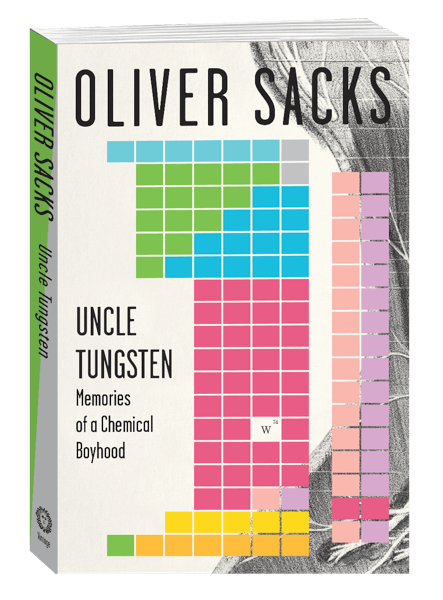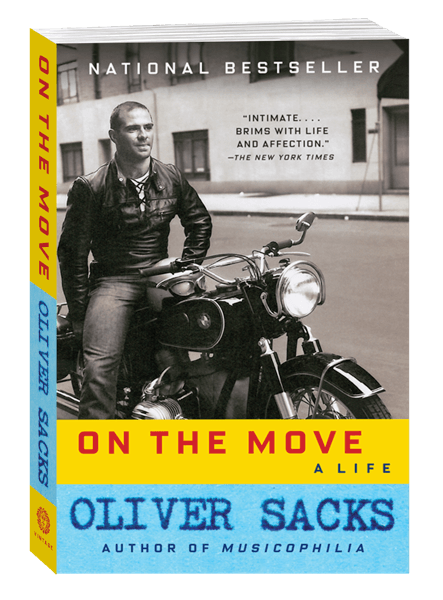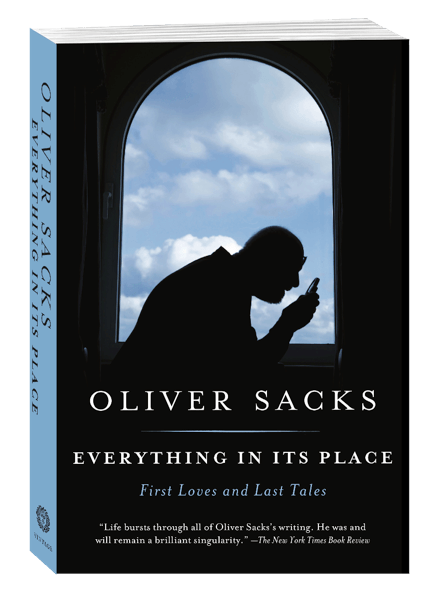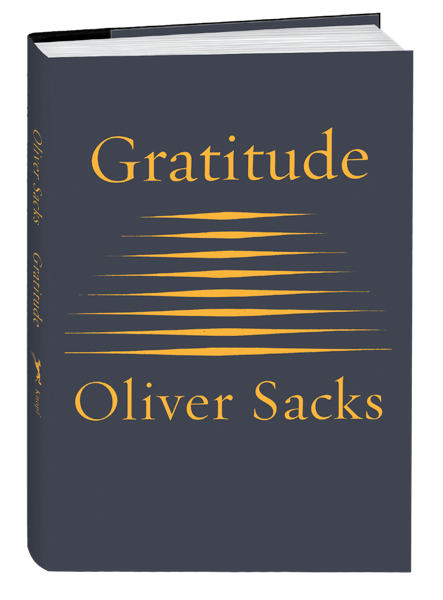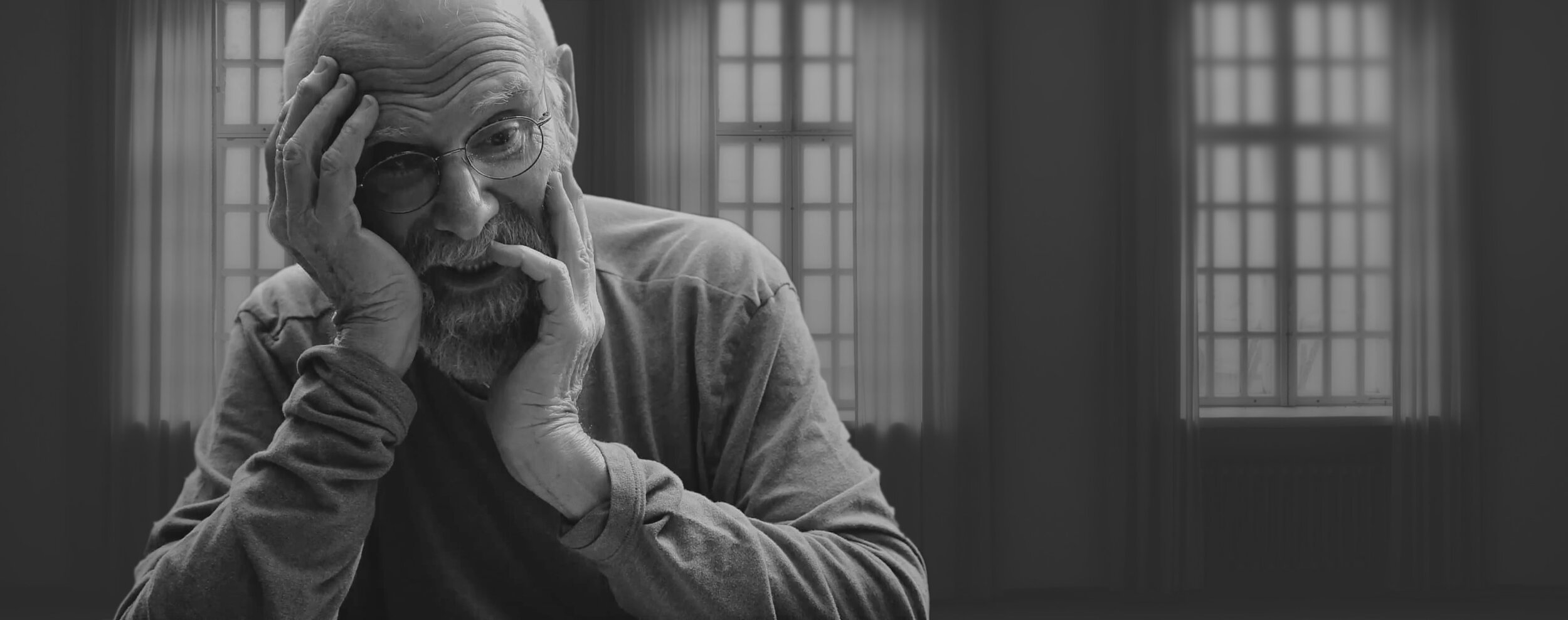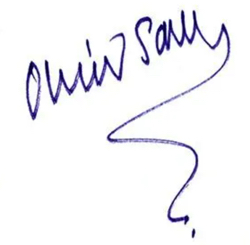“Artful, impassioned memoir of a youth spent lost in the blinding light of chemistry.”
— Kirkus Reviews
Uncle Tungsten
Memories of a Chemical Boyhood
“I had intended, towards the end of 1997, to write a book on aging, but then found myself flying in the opposite direction, thinking of youth, and my own partly war-dominated, partly chemistry-dominated youth, in particular, and the enormous scientific family I had grown up in. No book has caused me more pain, or given me more fun, than writing Uncle T.–or, finally, such a sense of coming-to-terms with life, and reconciliation and catharsis.” —Oliver Sacks
Sacks invokes his childhood in wartime England and his early scientific fascination with light, matter and energy as a mystic might invoke the transformative symbolism of metals and salts.
The “Uncle Tungsten” of the book’s title is Sacks’s Uncle Dave, who manufactured light bulbs with filaments of fine tungsten wire, and who first initiated Sacks into the mysteries of metals. The author of this illuminating and poignant memoir describes his four tortuous years at boarding school during the war, where he was sent to escape the bombings, and his profound inquisitiveness cultivated by living in a household steeped in learning, religion and politics (both his parents were doctors and his aunts were ardent Zionists). But as Sacks writes, the family influence extended well beyond the home, to include the groundbreaking chemists and physicists whom he describes as “honorary ancestors, people to whom, in fantasy, I had a sort of connection.” Family life exacted another transformative influence as well: his older brother Michael’s psychosis made him feel that “a magical and malignant world was closing in about him,” perhaps giving a hint of what led the author to explore the depths of psychosis in his later professional life.
For Sacks, the onset of puberty coincided with his discovery of biology, his departure from his childhood love of chemistry and, at age 14, a new understanding that he would become a doctor. Many readers and patients are happy with that decision.
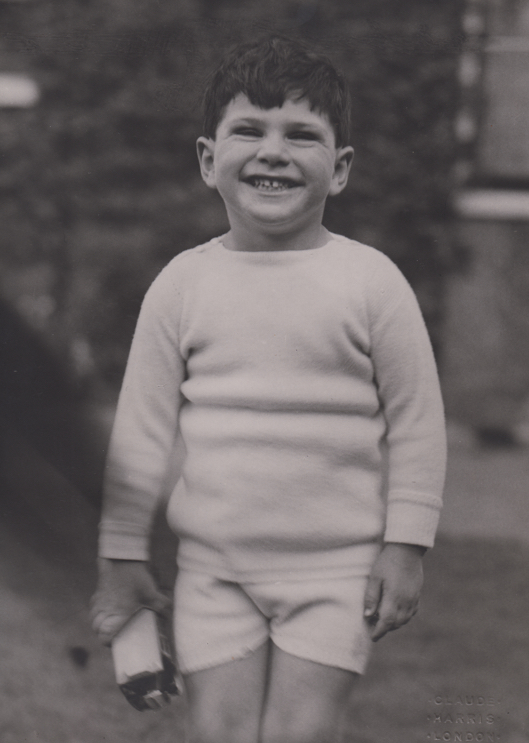
📷 Oliver Sacks as a young boy.
Praise for Uncle Tungsten
“This book underlies everything else Dr. Sacks has written, “and” is worthy to stand with the great scientific memoirs, for its passion, its insight, its sense of history and its felicity.” —Paul Theroux
“In Uncle Tungsten, Oliver Sacks weaves together the wonders of chemistry and his boyhood experiences with grace, ease, and just the right comedic touch. The result is a rich, unique, and compelling glimpse into the development of an enormously fertile and creative mind.”
—Brian Greene
“Oliver Sacks is an extraordinary soul-scientist and artist, healer and explorer-and he has given us an extraordinary memoir. Uncle Tungsten is profoundly illuminating and continually surprising.” —James Gleick
“A rare gem…. Fresh, joyous, wistful, generous, and tough-minded.” —New York Times Book Review
“Fired by Sacks’s enthusiasm-obviously genuine, impossible to feign-bursting forth in all directions. . . .The book recounts the growth of a formidable young mind opening up to the order and beauty of the material world.” —Newsday
“”Sack’s study of a mind [is] as tough as tungsten, as fluid as mercury . . . as precious as gold.” —The Seattle Times

